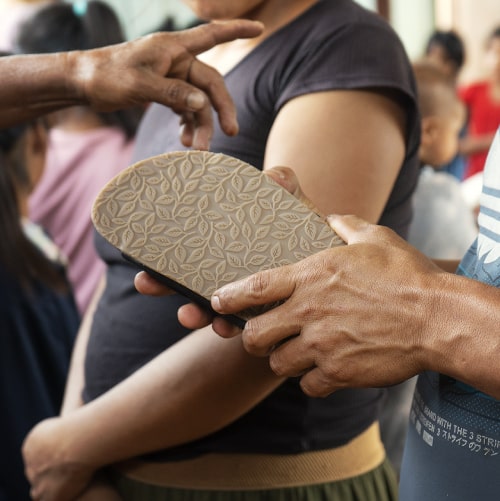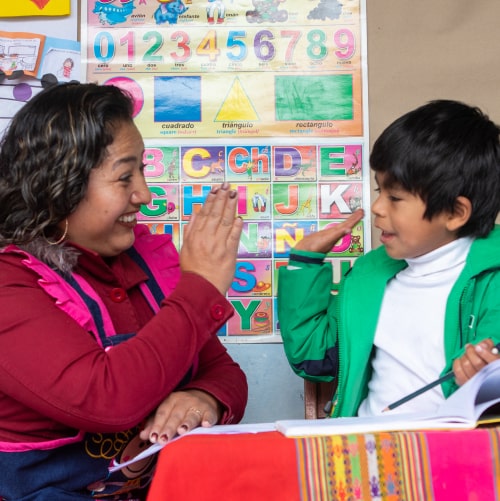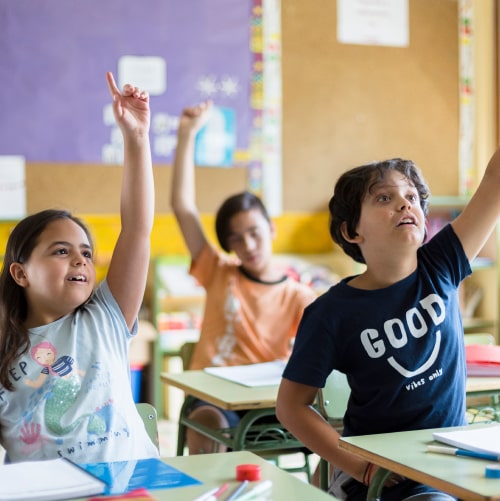Educational Institution Wiñaypaq requires urgent actions in order not to paralyze its operations. Therefore, the help from Wiese Foundation is key and fundamental.
Wiese Foundation, as part of the actions that it has been conducting in the country in favor of the most vulnerable Peruvians, maintains an alliance with Educational Institution Wiñaypaq, an institution that provides bilingual intercultural teaching (BIT) at the pre-school and primary levels at a school located in the district of Písac, province of Calca, region of Cuzco.
Wiñaypaq, which means ‘forever’, has marked a turning point for those who have visited and/or have become involved with it. This nonprofit association dedicates itself to a cultural, ecological and educational endeavor and develops various projects through which it seeks to revalue the teachings of the ancestral cultures, disseminating their importance and currency, thus promoting dignified and sustainable life models.
Some months ago, we formalized the support provided by Wiese Foundation to Wiñaypaq. Both institutions have signed a collaboration agreement for the execution of a series of projects, placed on our agenda for the benefit of the pupils of said educational institution. In this note, we tell you a little about this new alliance.
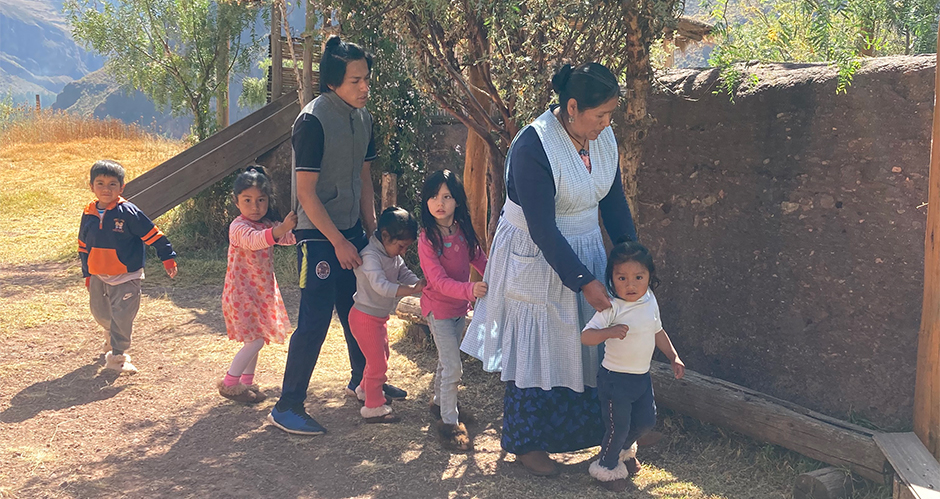
Wiñaypaq, proofed against natural disasters
Educational Institution Wiñaypaq started its activities in the year 2005 from the necessity of five families residing in the Taray community of Cuzco, who wished to give their children an educational quality better than that of the State proposal.
With the passage of time, Wiñaypaq made itself known also in the district of Písac, with a greater demand than expected, which motivated its formalization with the UGEL (Local Educational Management Unit). A long road to go, which was interrupted by a landslide that wiped the educational institution off the map in 2010. In spite of that, they managed to set up a room for the pupils to carry on with the work.
Later on, the news of the donation of a 5,130 m2 plot of land to the school finally created new hope for the pupils and their families, who, together, and thanks to various donations, ultimately built what is today Educational Institution Wiñaypaq.
Assistance from Wiese Foundation
Thanks to the collaboration relationship between Wiese Foundation and the Association, the fair payment of the personnel working at Wiñaypaq shall be guaranteed, so that it will be possible to provide continuity to the teaching services and the gradual return to in-person classes for all the pupils, including those who were obligated to drop out due to the sanitary crisis.
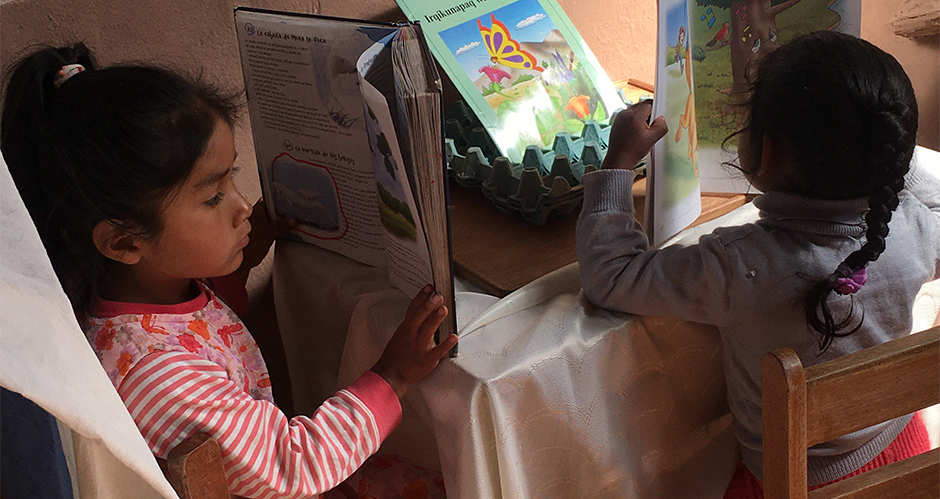
Furthermore, the Foundation shall urgently take care of the water supply for the educational institution, through maintenance activities at the well owned by Wiñaypaq, with water coming from the Vilcamayo River and which supplies water to its pupils and teachers.
Also, Wiese Foundation is committed to the actions pertaining to the regularization of the legal situation of the property on which the school is currently operating. Finally, it is important to point out that Wiese Foundation has conducted a training for the teachers of Wiñaypaq, which was carried out by Liliana Villanueva, director of the Educational Quality Program. In this dialog, some of the topics covered were the ideas and beliefs around interculturality, the challenges faced nowadays by teachers with experience in this rubric, the coexistence between diversity and the school, and the responsibility of citizens in the pedagogical role.




